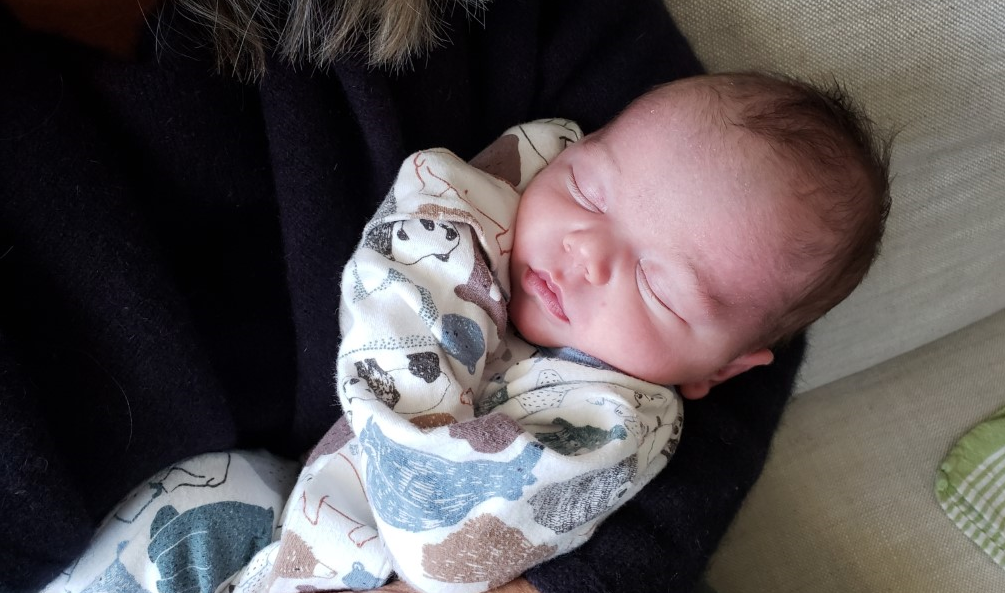
My New Grandson and his Perilous Future
From The Des Moines Register, December 20, 2022
I just had one of the most wonderful experiences of my life — holding in my arms my newborn grandson. It brought a flush of feelings, recalling that heart-opening moment, decades ago, when I cradled his mother just after she took her first breaths. I was awestruck, again, by the miracle of life. But this time, my joy was tempered by a new feeling: a deep concern about the future.
Newborns radiate unbounded possibilities: What will they become, whom will they love, what will they create? Yet now, I see darker possibilities as well, perils unlike those ever faced by a new generation.
This fact stands out: My grandson is likely to live into the 22nd century. 2100 is the year that climate scientists target when they extend their projections into the “distant” future — as their models see a planet utterly disrupted by climate change. The droughts, famines, storms, floods, fires, and mass migrations we have already witnessed will get ever more extreme. That future no longer seems distant to me, as I hold in my arms someone who will actually live in that time.
I don’t want to think about these things when I rock my grandson in my arms, or watch him sleeping, or gaze into his dark, trusting eyes. I would much rather just immerse myself in tending to his needs so his parents can get some much-needed sleep. And so it is with all of us — filling our days with enjoyments, work, responsibilities and interests, as the world careens toward a climate-driven future far more difficult and dangerous than we can imagine.erious threat to the well-being of human society; everything is at stake. A percentage point or two on some bottom lines, if it even it amounts to that, is something the world can deal with; widespread climate chaos is not.
My wife and I are often asked to consider the impact our ways of living will have on our environment — how our choices will affect the next generations. That exhortation takes on a new and more compelling meaning when we hold in our arms the living, breathing future of our species. Suddenly, the abstract notion of “future generations” becomes very real and immediate. It stares, with infinite trust, back into our eyes.
And so I ask myself, what can I do to diminish these climate-driven dangers? Not just for the sake of the abstract good that we call “humanity,” but for the sake of these individual humans that are daily coming into our midst. They come to us trailing clouds of glory, as the poet says — but they also come, now, shadowed by dark clouds presaging a deeply perilous future. We must do much better for them, and we must do it now.
The climate dangers we face are immense, and they are global. Only governments have the scope and power to make changes quickly enough to avoid catastrophe. We need to face our responsibility by spurring our leaders to action. Important first steps have been taken, but we need comprehensive changes that are far more serious and far more bold. Our actions today will determine the true inheritance we will leave my grandson’s generation and all that will follow. These precious ones are counting on us — there is no time to wait.
